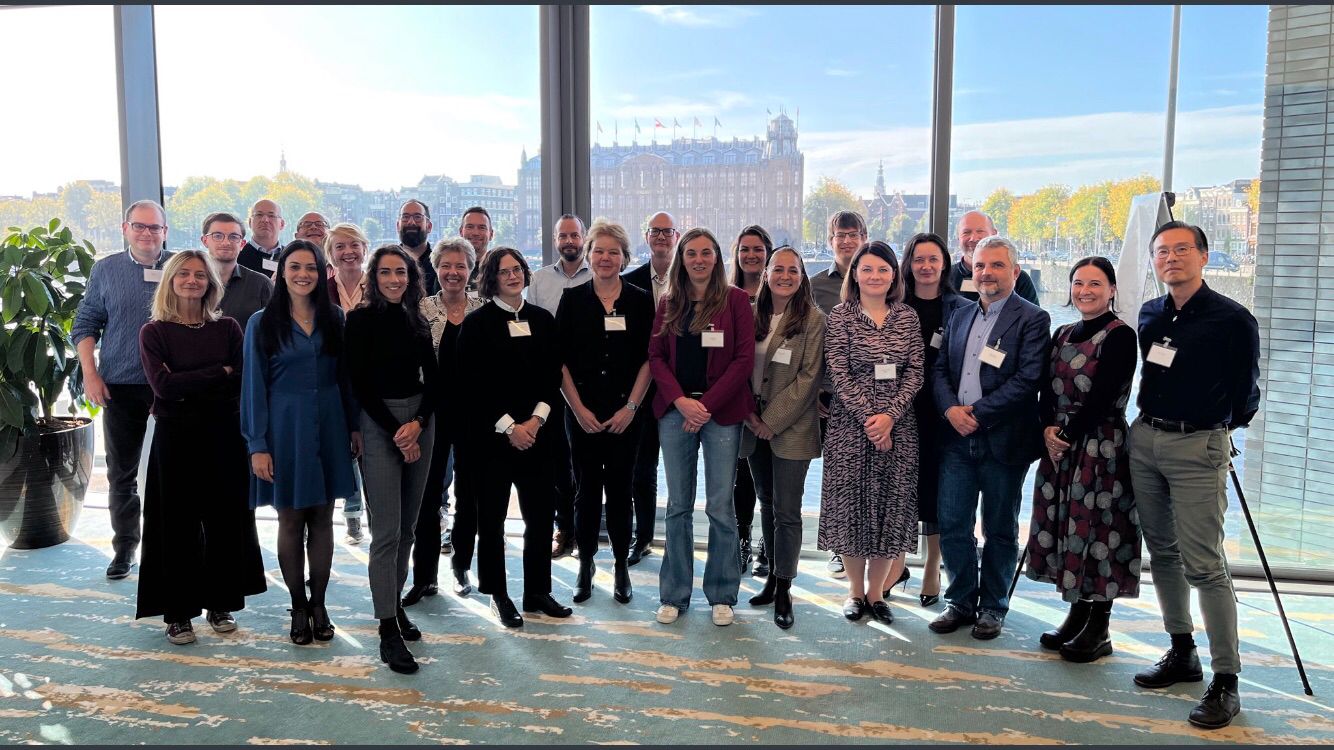Southampton part of ten million euros research project for young people with cancer

The University of Southampton is hoping to improve the lives of young adults across the UK and Europe are who being treated for cancer.
Thanks to a share of funding worth ten million euros overall, and working in partnership with 13 other European partners, the new project will study young people’s experiences, from diagnosis, through treatment and into remission.
The research funding follows the creation of a European network to improve healthcare services and outcomes for Adolescents and Young Adults (AYA) with cancer. These are people aged 15-39 years at cancer diagnosis and they form a unique group; they face age-specific issues, such as infertility, unemployment, financial problems, and decreased quality of life due to cancer and its treatment.
Unlike dedicated healthcare and trials for paediatric cancer patients, healthcare services for adolescents and young adults are scarce and vary across Europe.
Led by the Netherlands Cancer Institute, and known as STRONG-AYA, the consortium of clinical and scientific specialists will work alongside patients, healthcare professionals, scientists and policymakers to identify and implement new models of care for young people.
Professor Anne-Sophie Darlington, Professor of Child and Family Psychological Health and the team in Southampton will lead on the development of an agreed Core Outcome Set which will include patient-reported outcomes and clinical outcomes.
This will involve identifying what outcomes are most important to young people by holding conversations with adolescents and young people about their experiences and needs.
Professor Darlington explained further: “Young adults feel the social impact of cancer diagnosis and treatment more severely than other age groups, as their lives are on pause and their friends and peers carry on with life, for example, going to university, starting jobs, relationships, and having families of their own.
“Hospitals don't always cater well for people who fall between paediatric and older age groups, and poor communication can lead to misunderstanding, with young adults feeling isolated and unconsidered. Part of the research will also look at how to improve health and wellbeing while they are going through treatment and post-treatment.
“Adolescents and young people are at the core of our society and economy and they need access to appropriate age-adjusted and high-quality healthcare. This is what STRONG-AYA wants to achieve,” continued Professor Darlington.
The project is now underway and will run for five years. It is funded by Horizon Europe and UK Research and Innovation.
